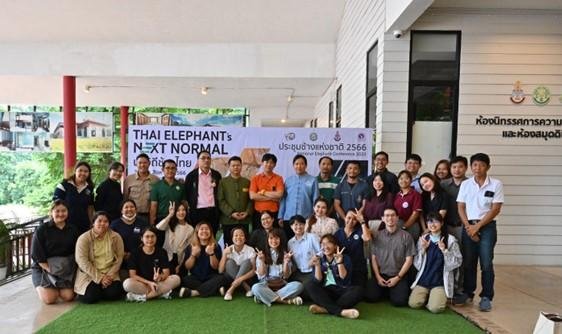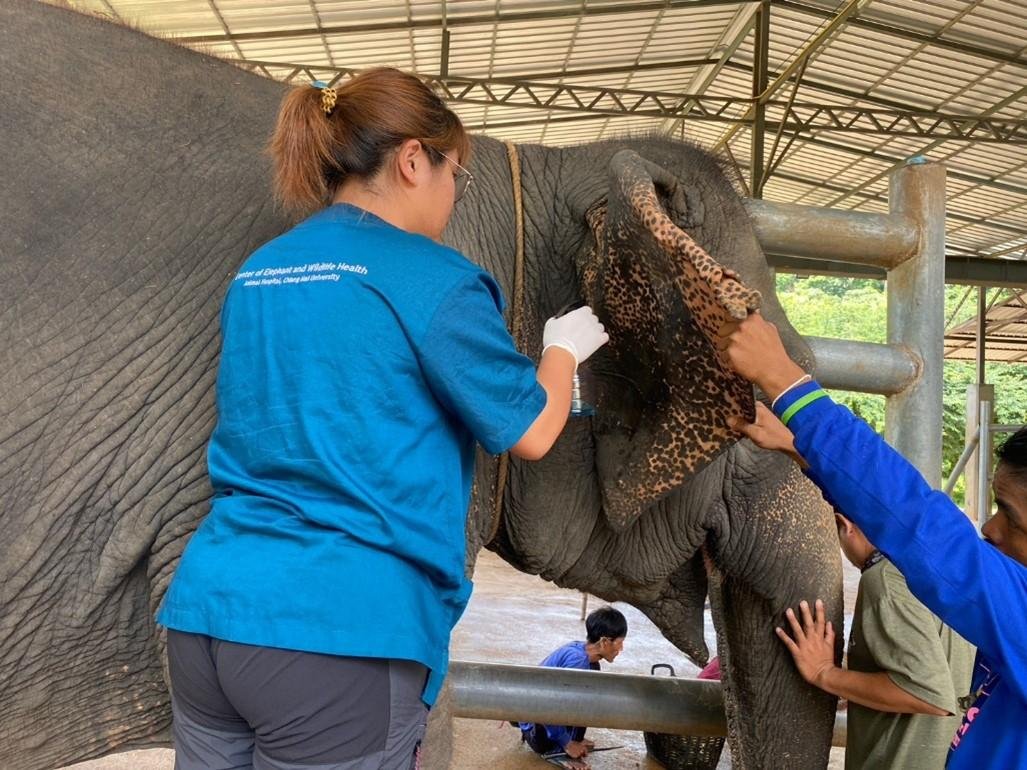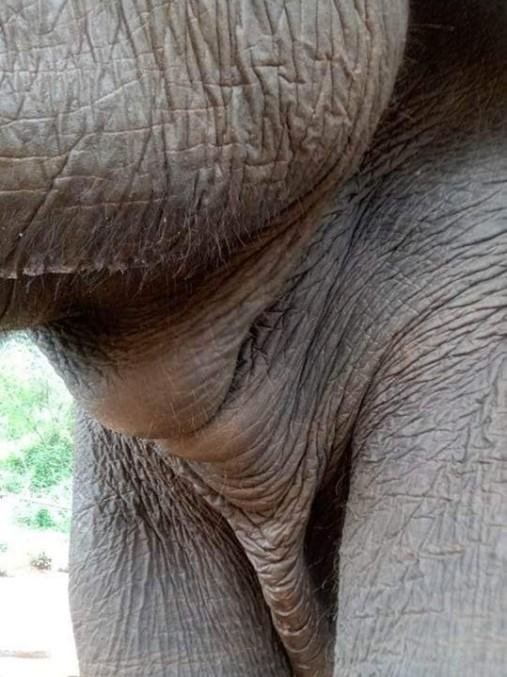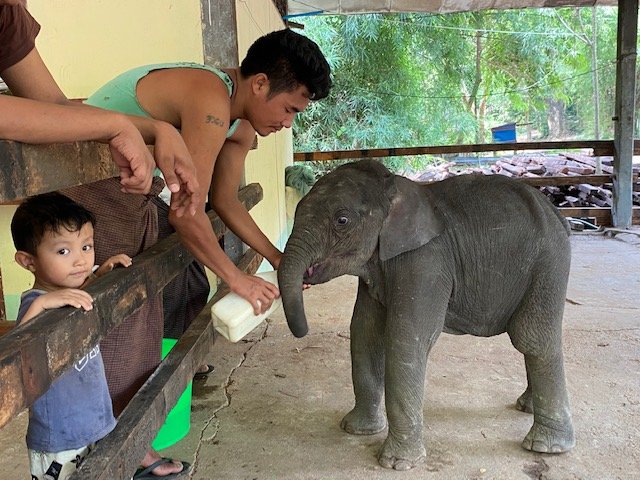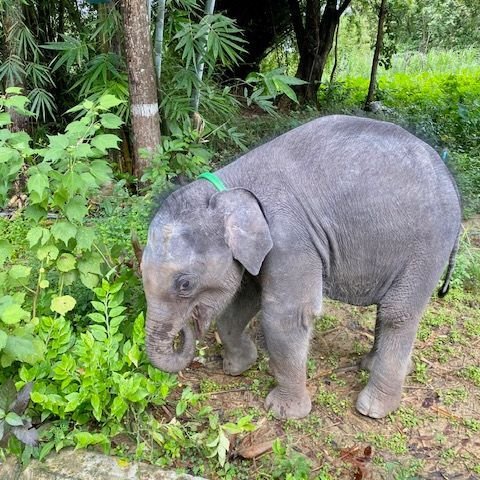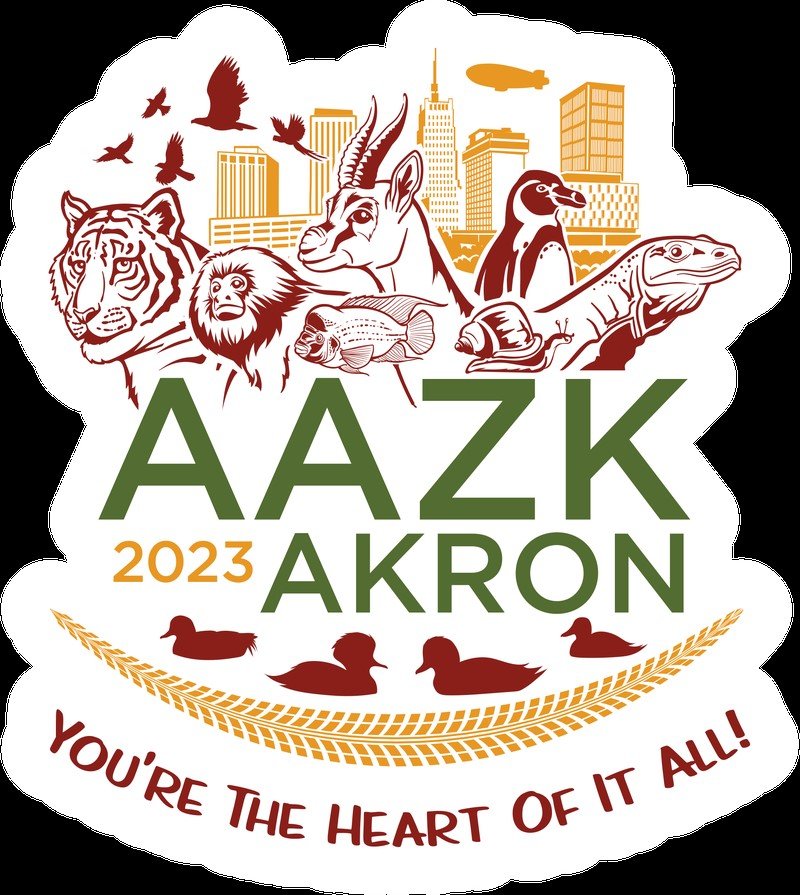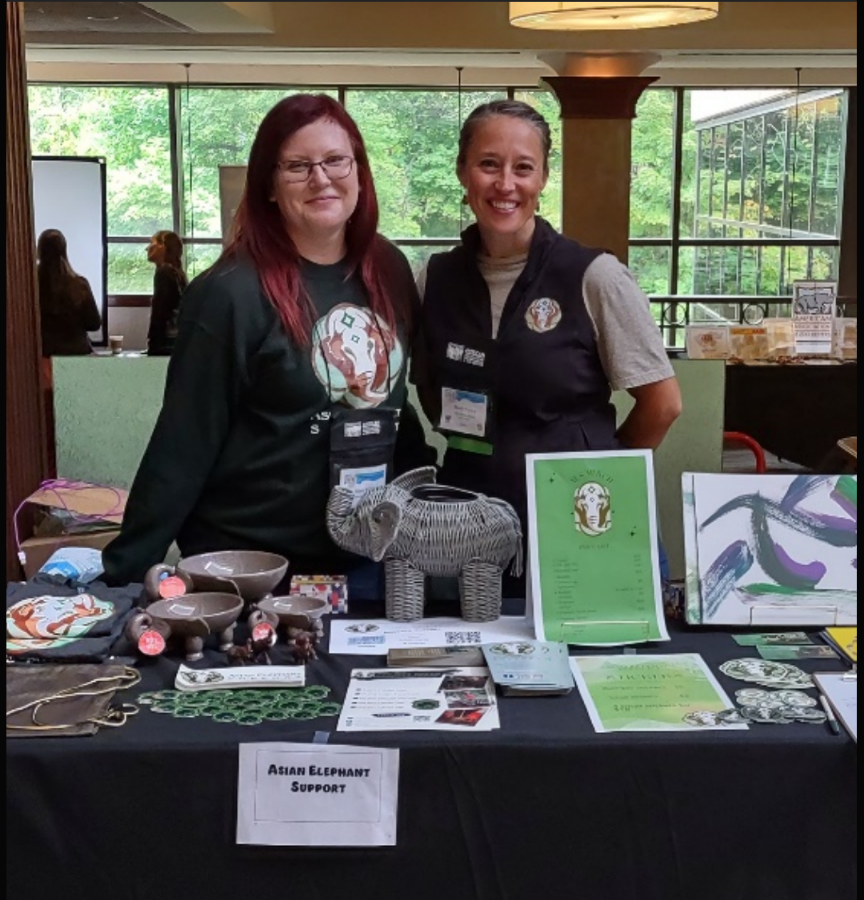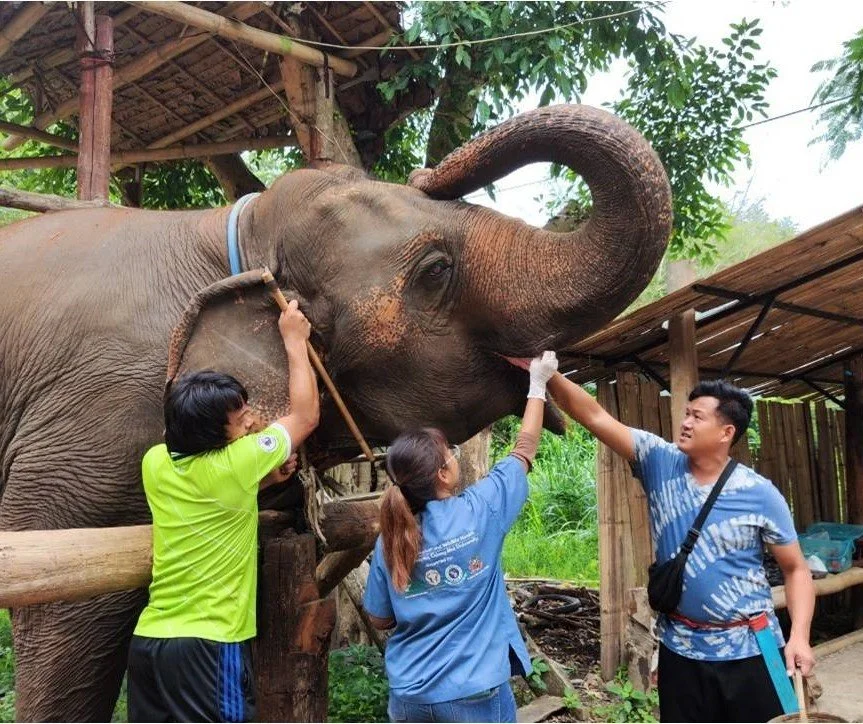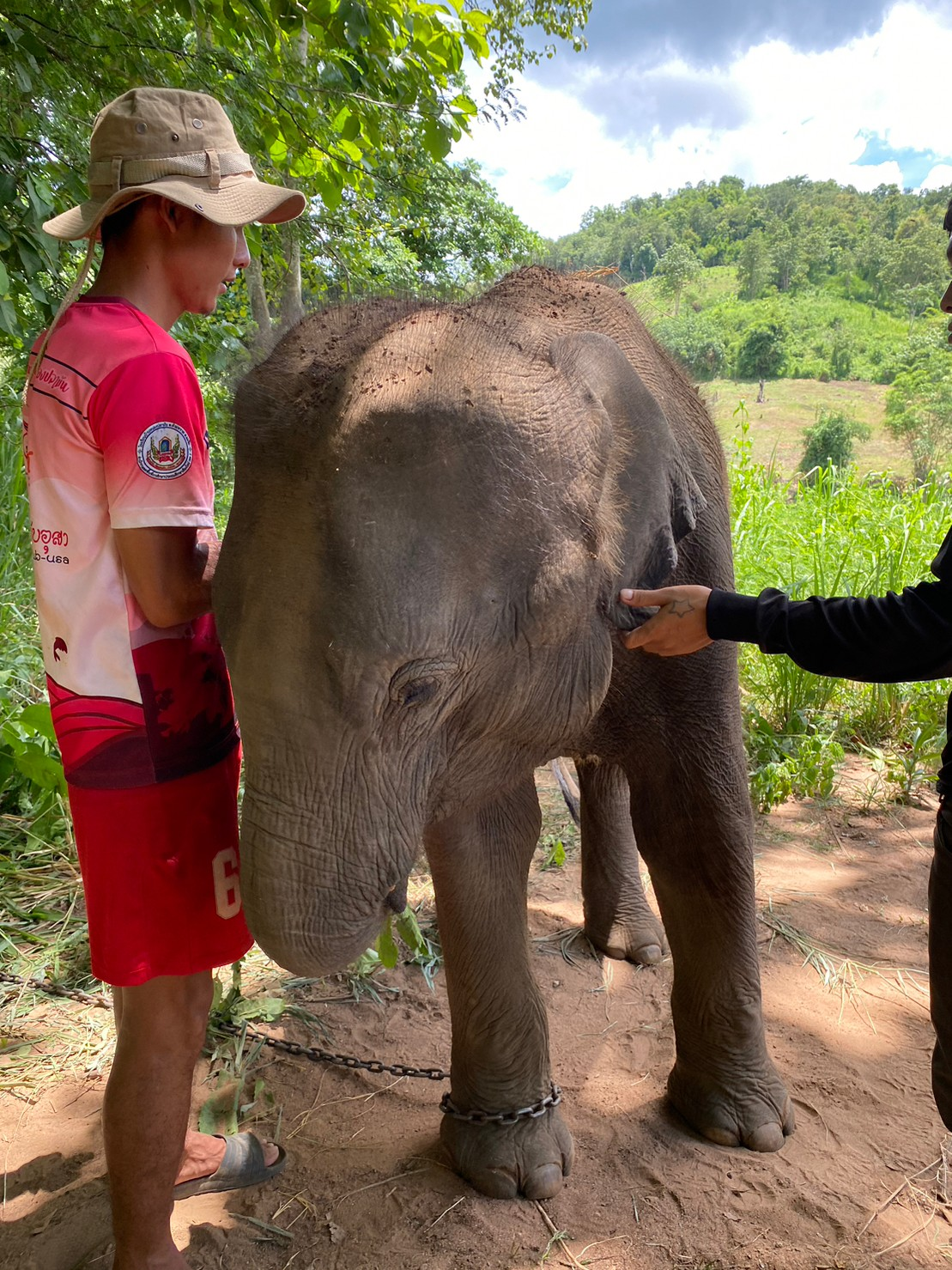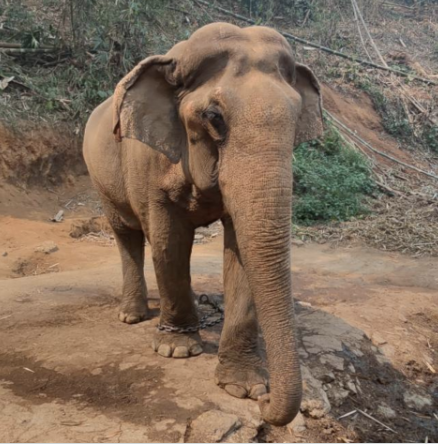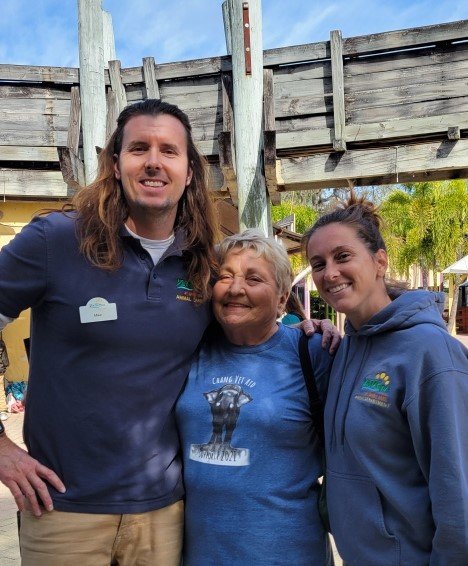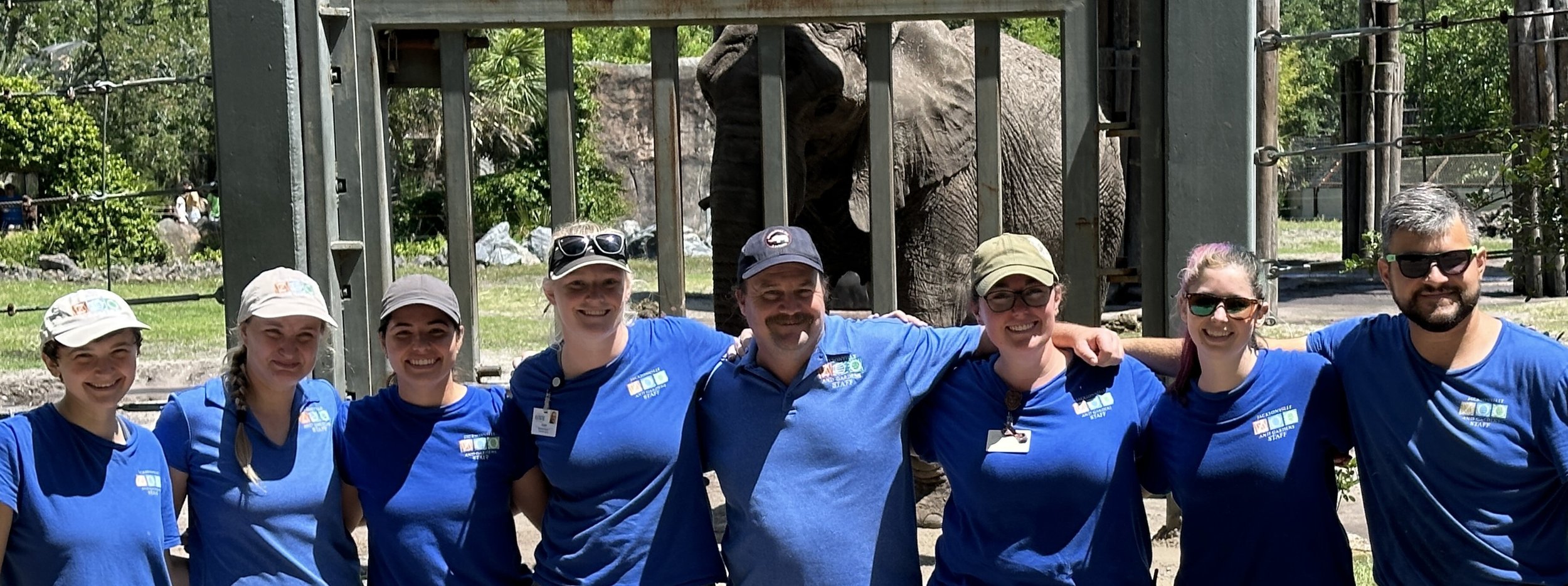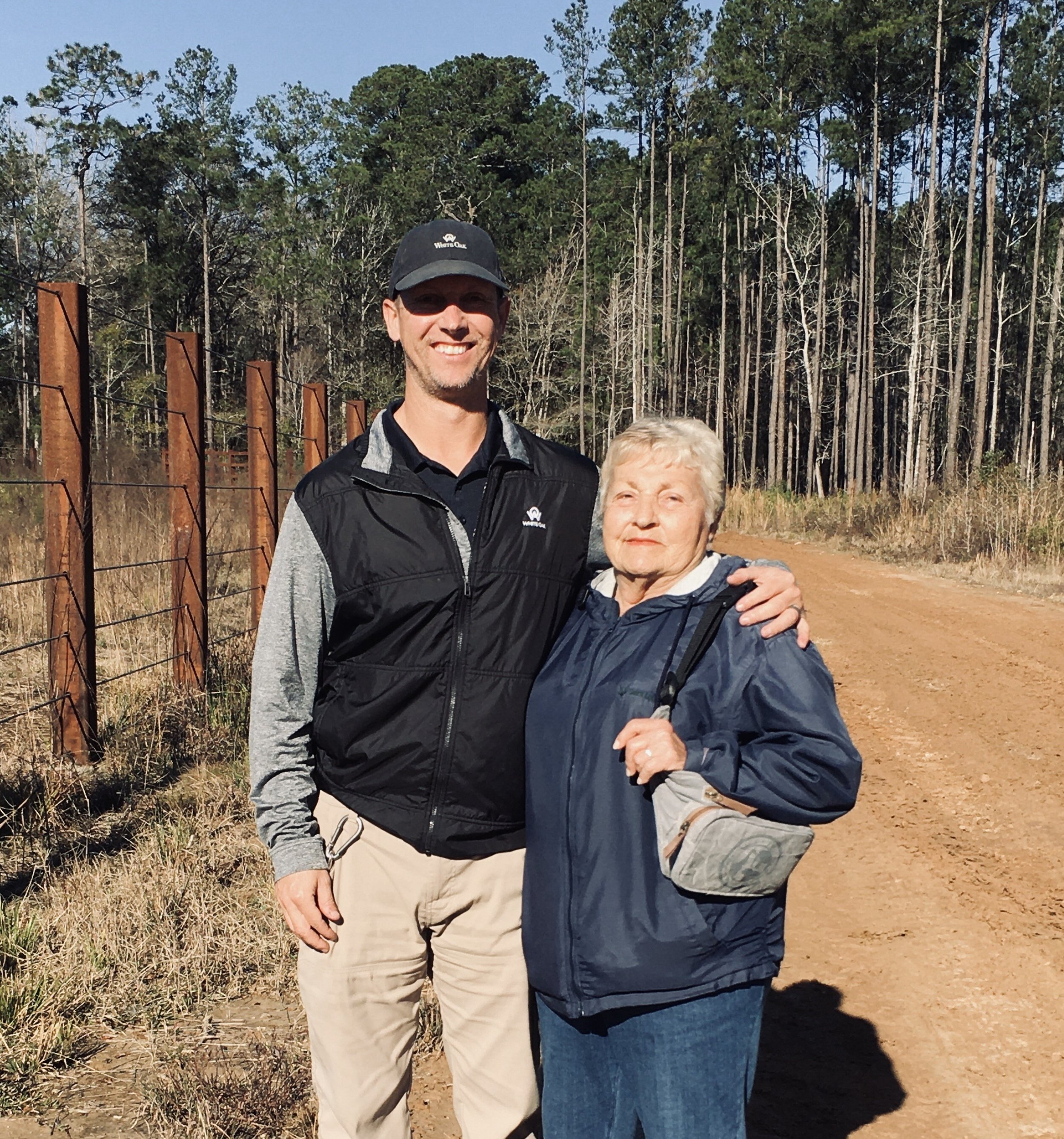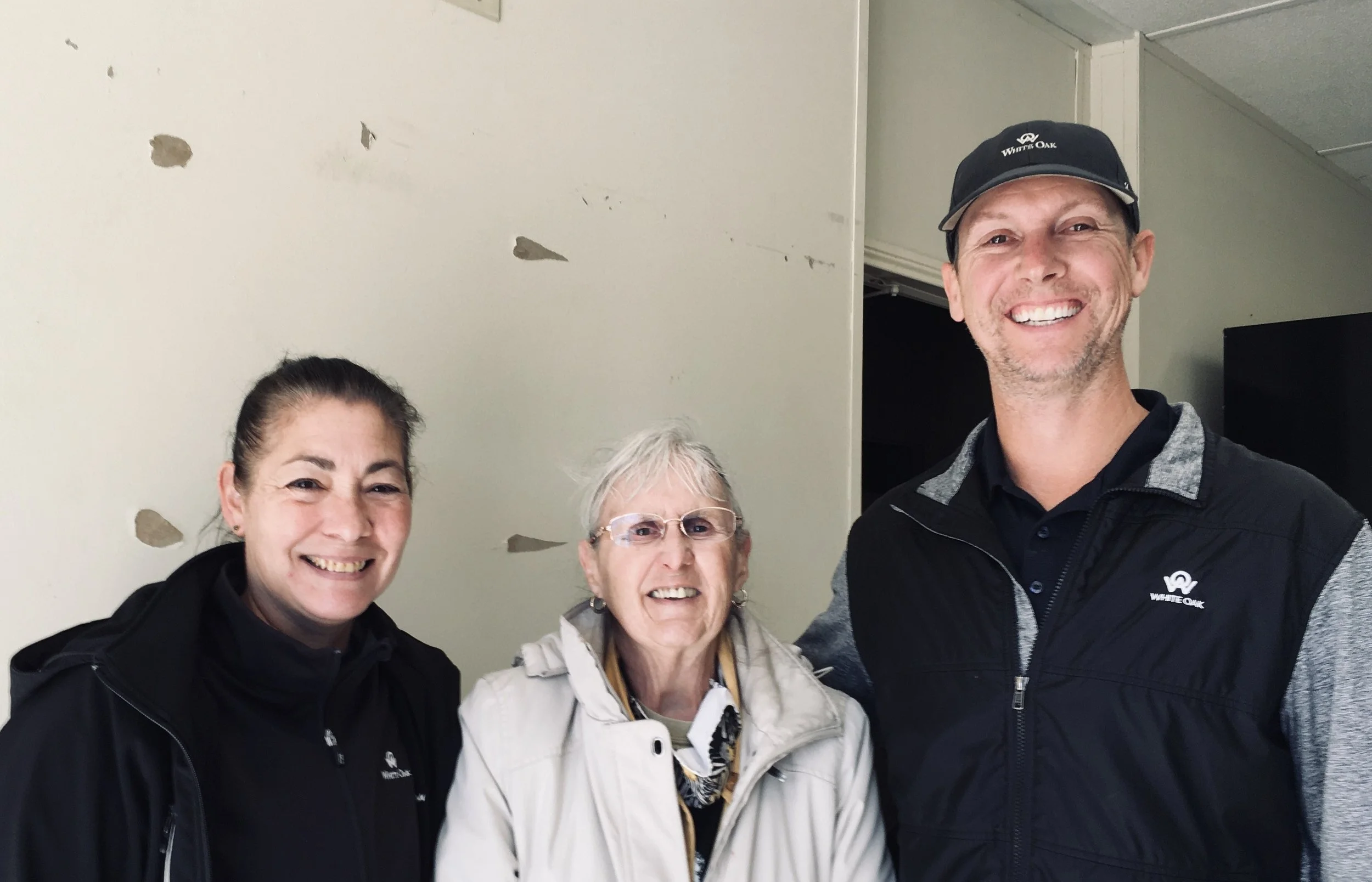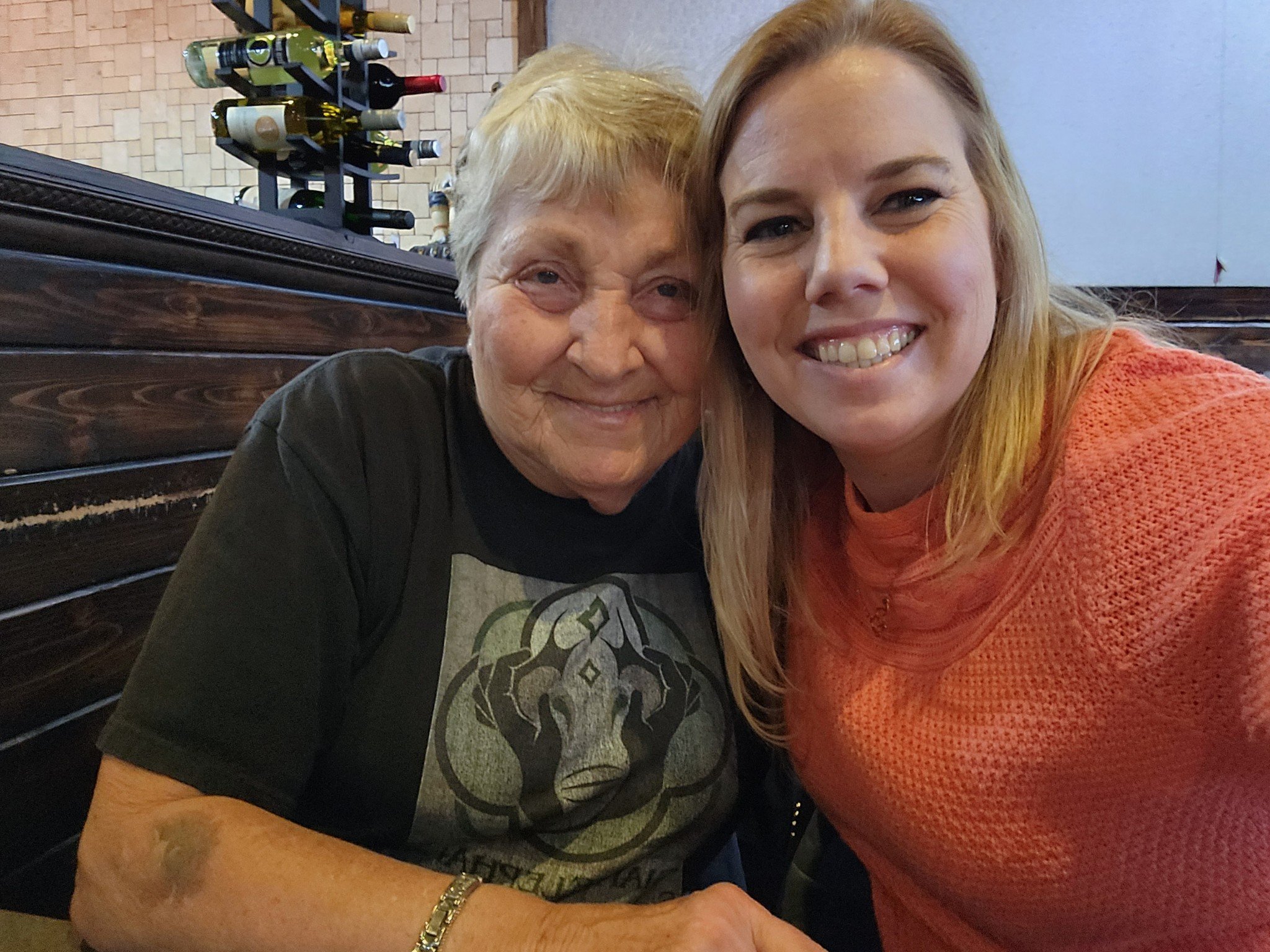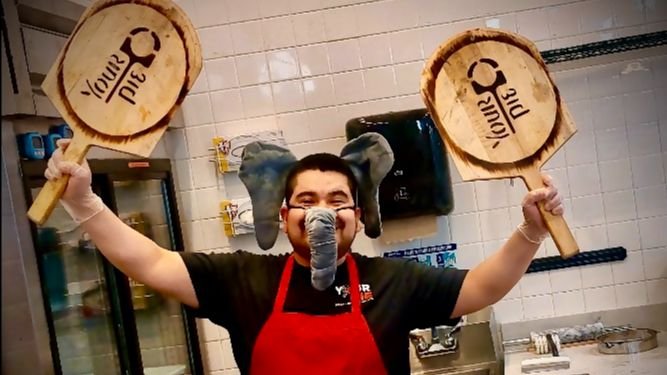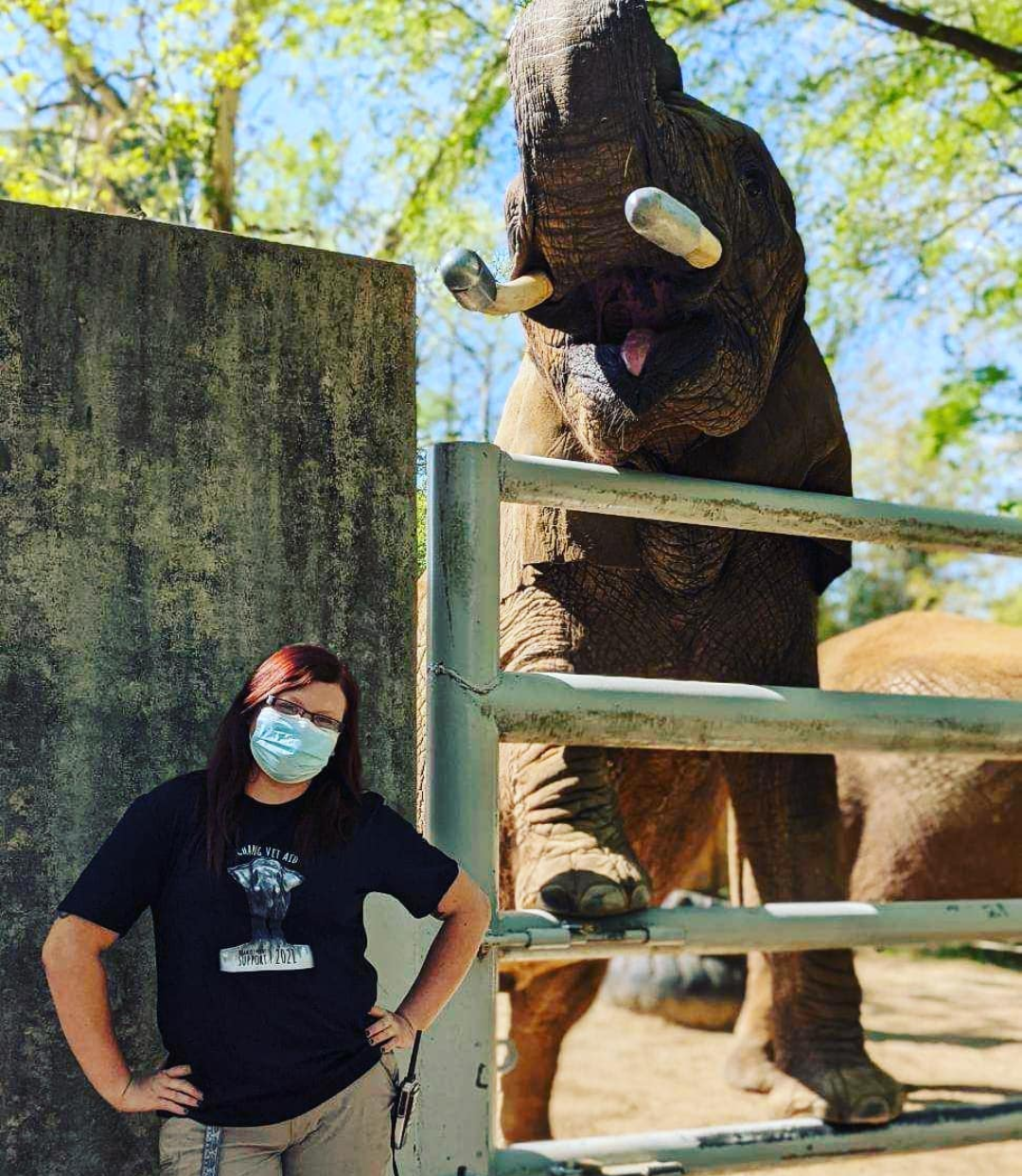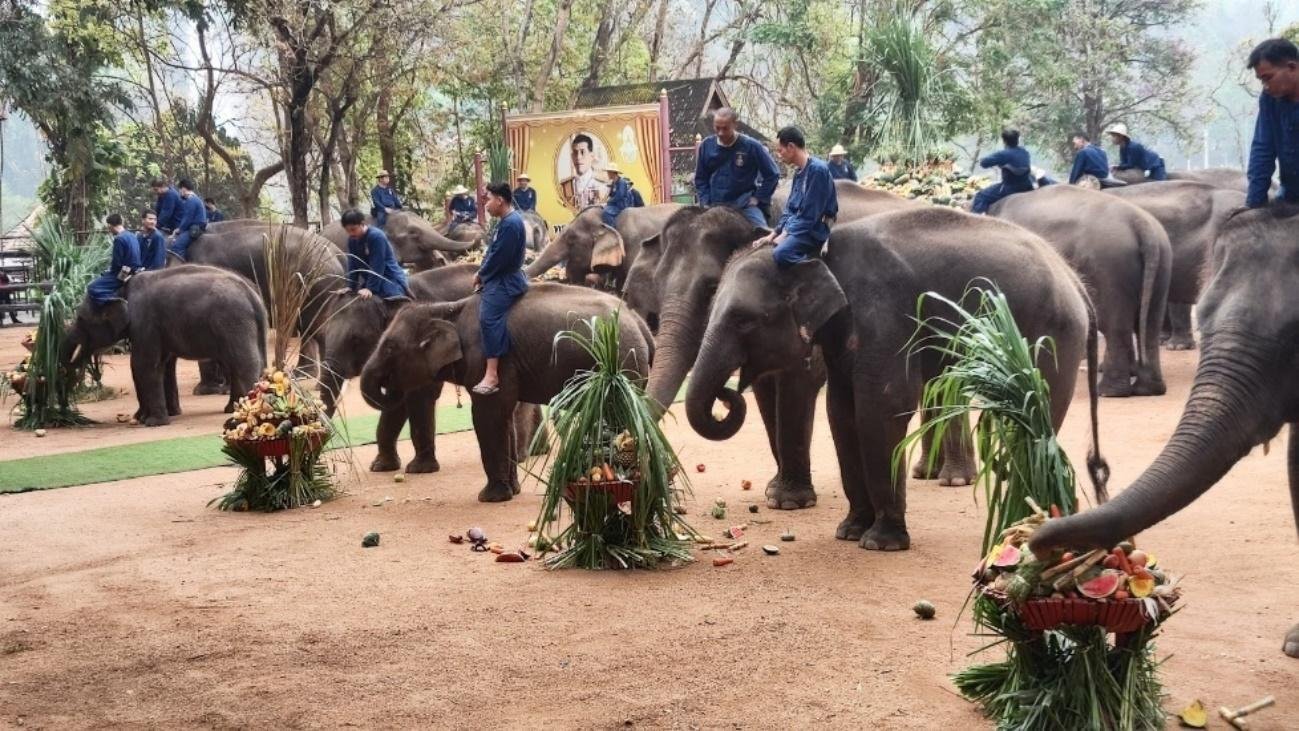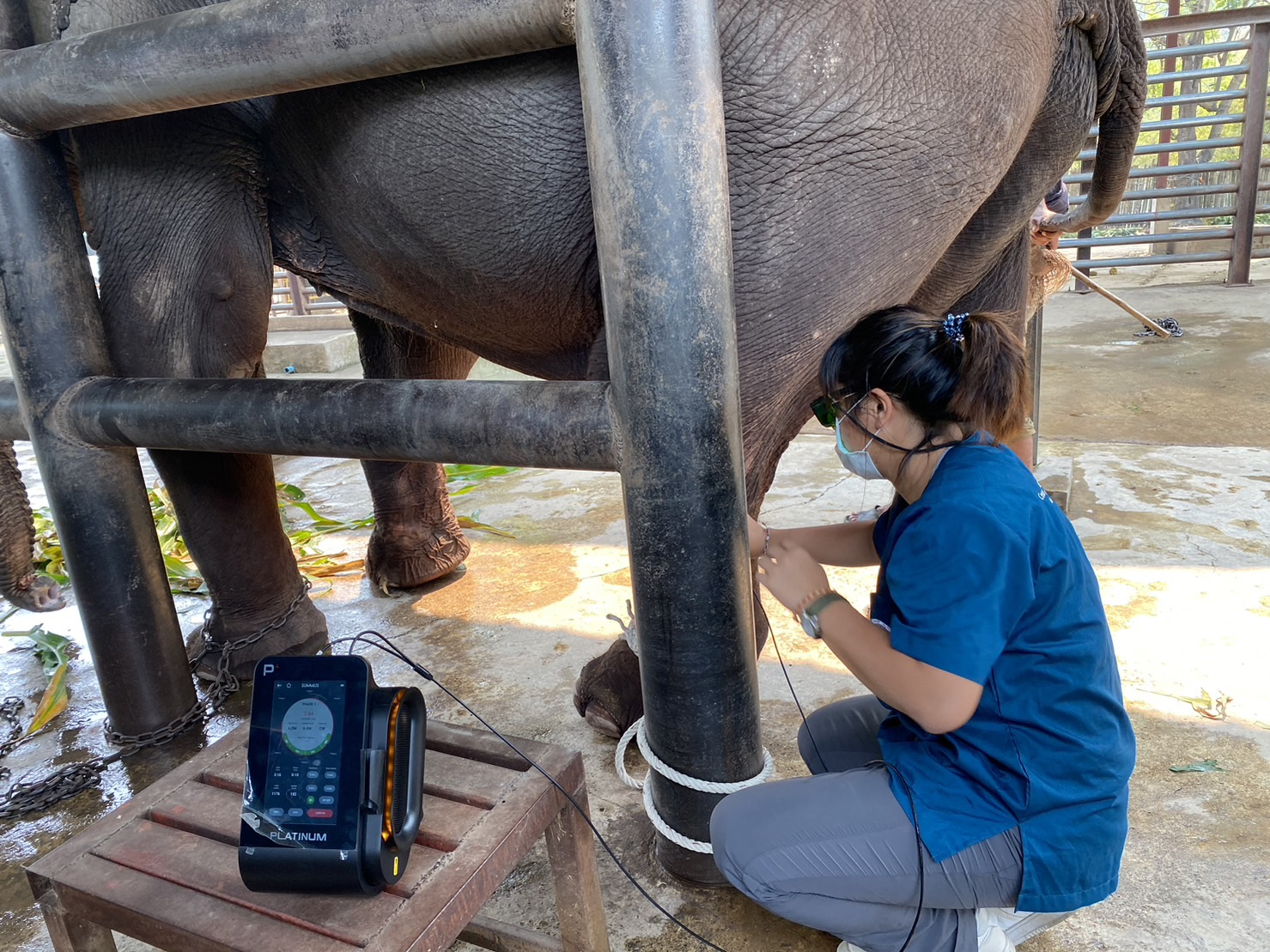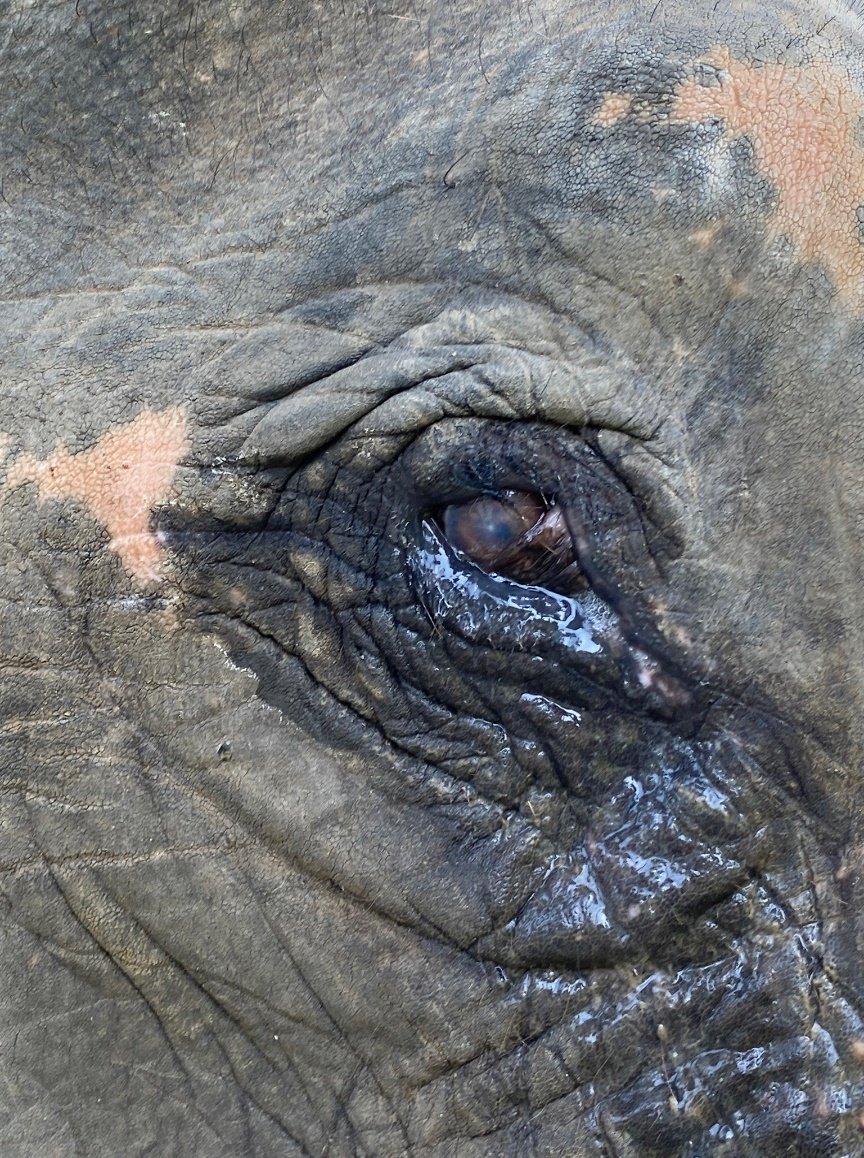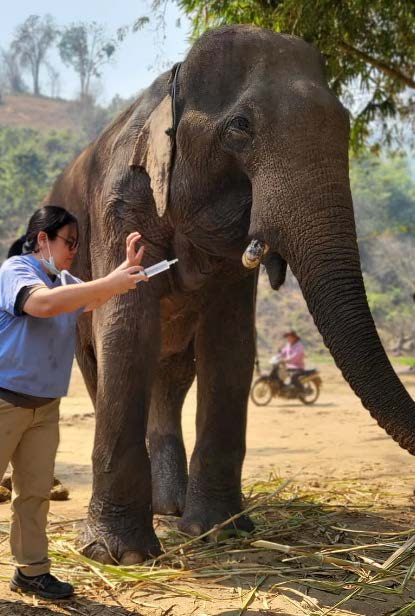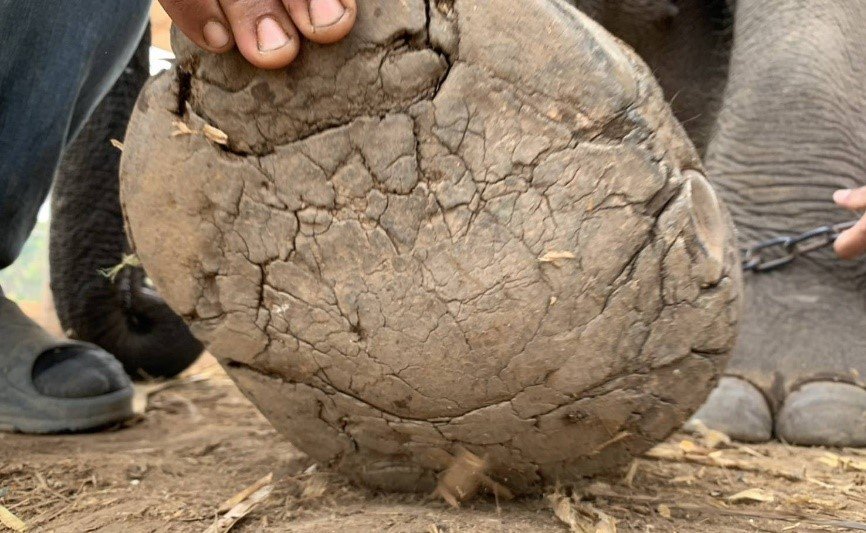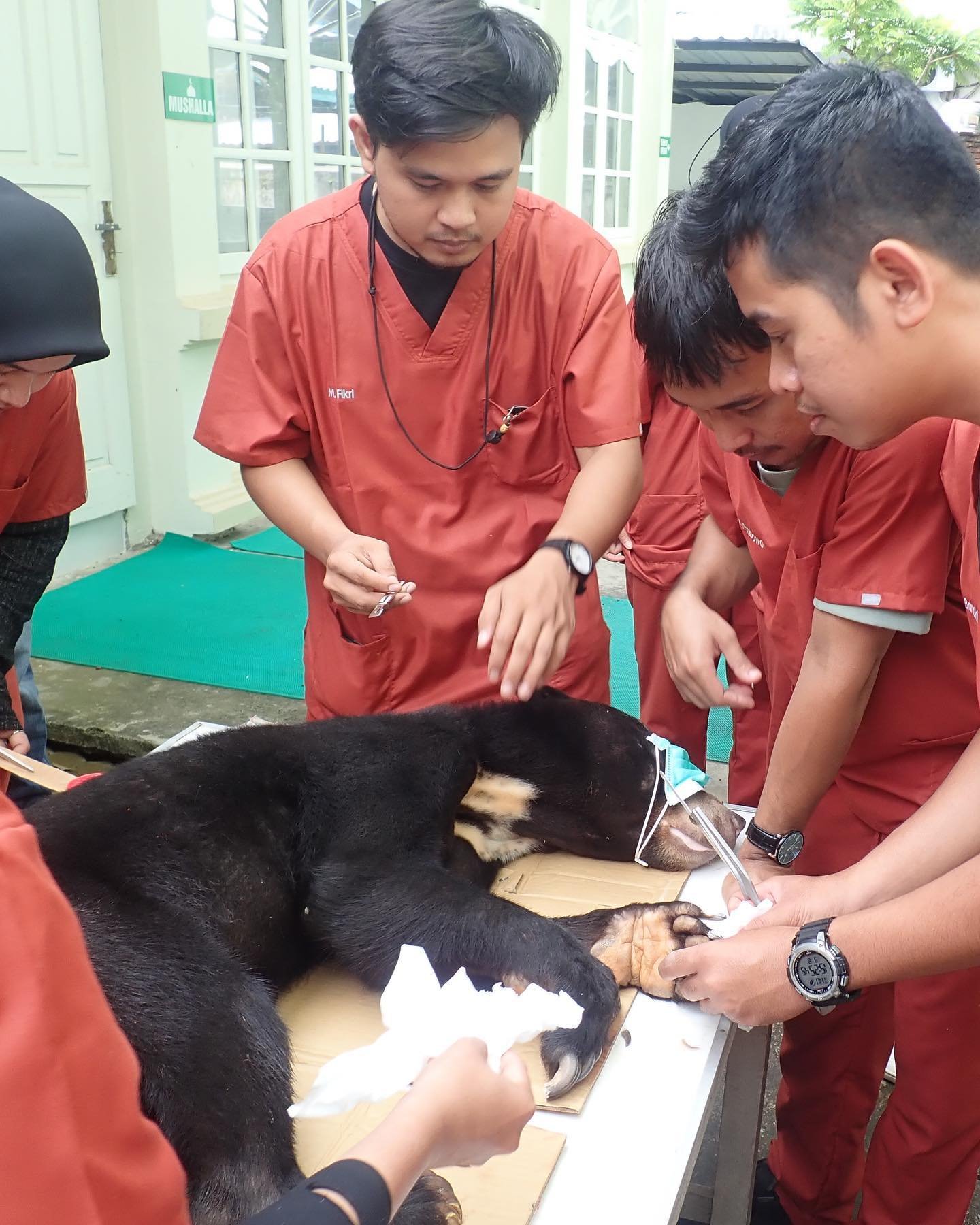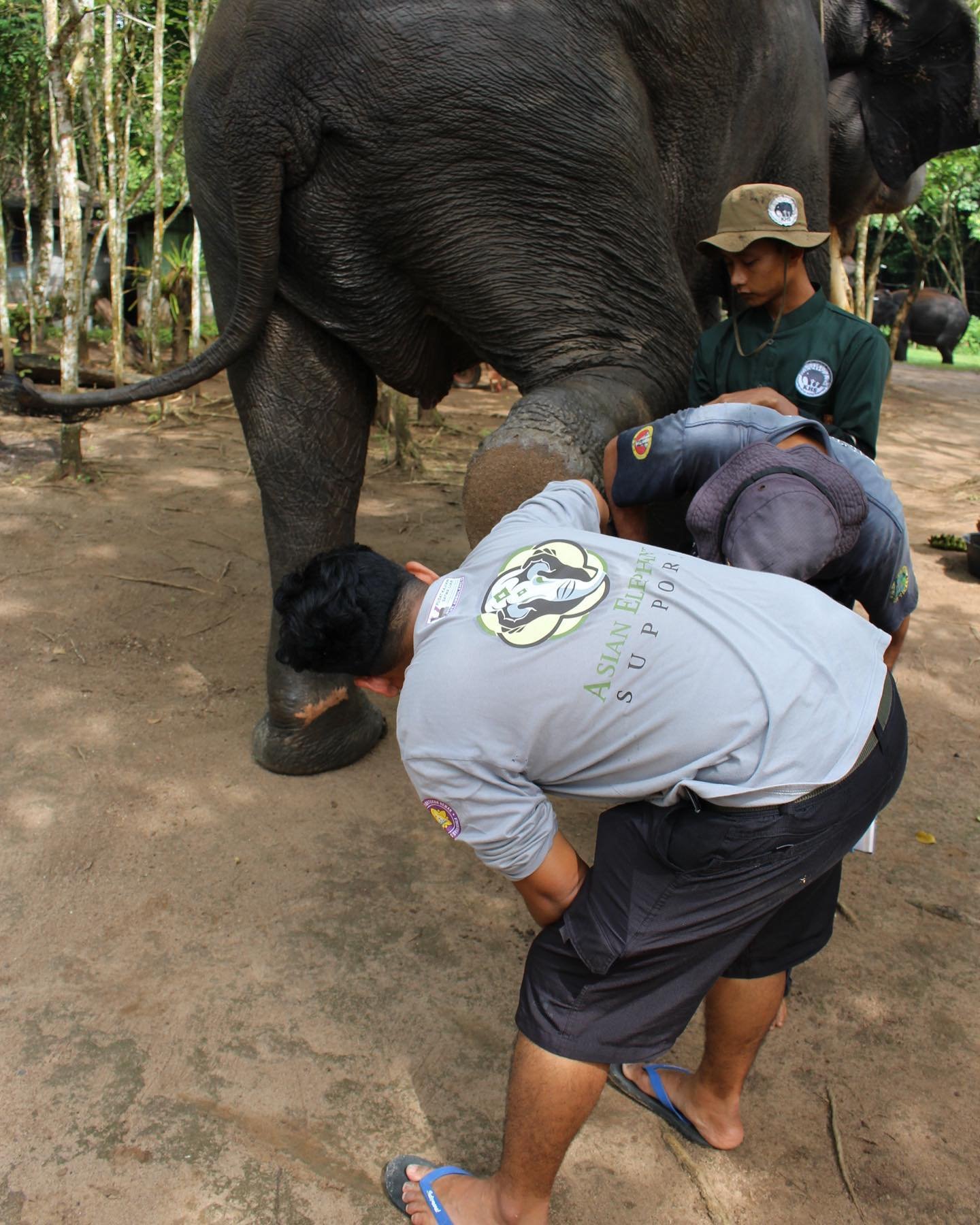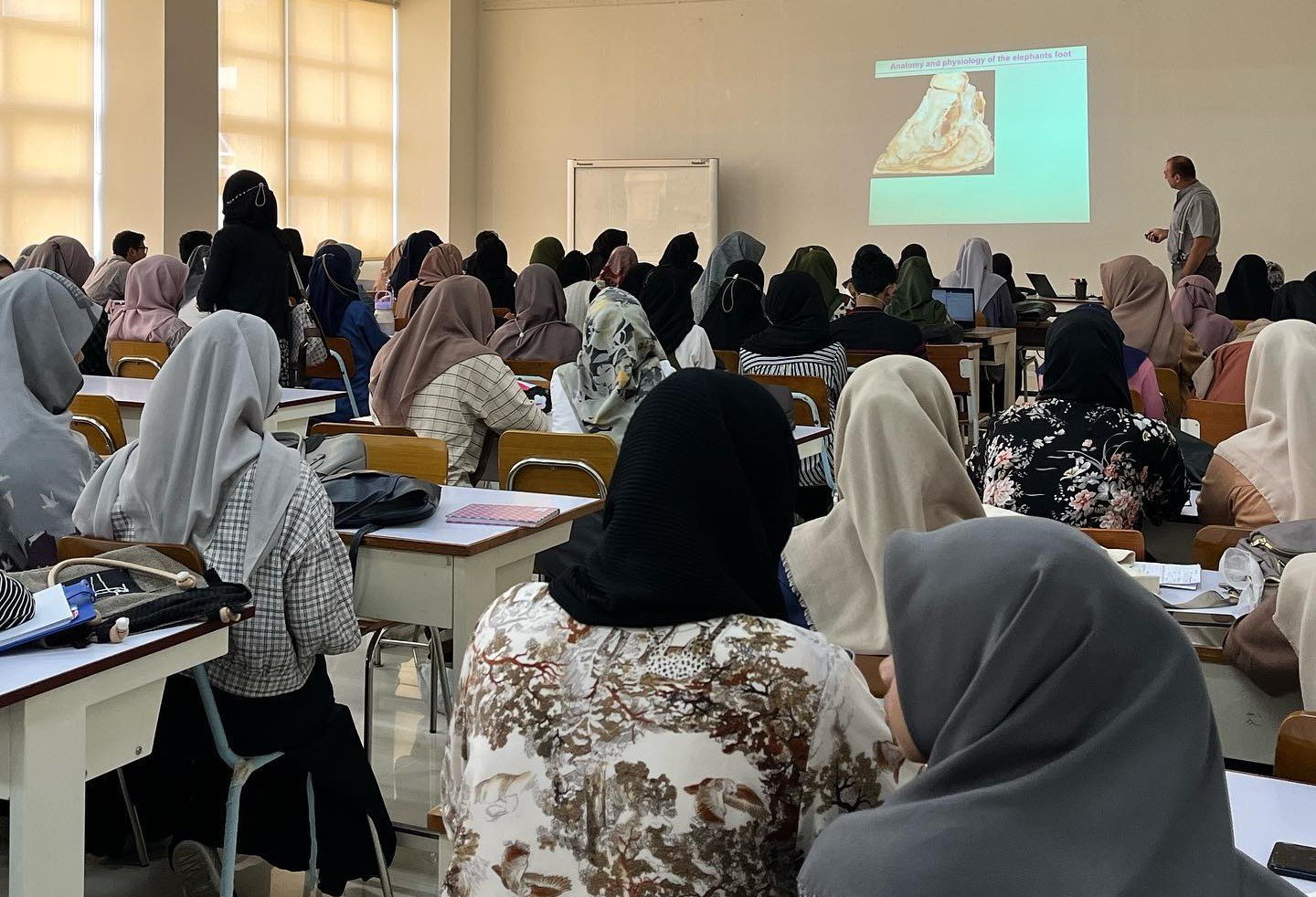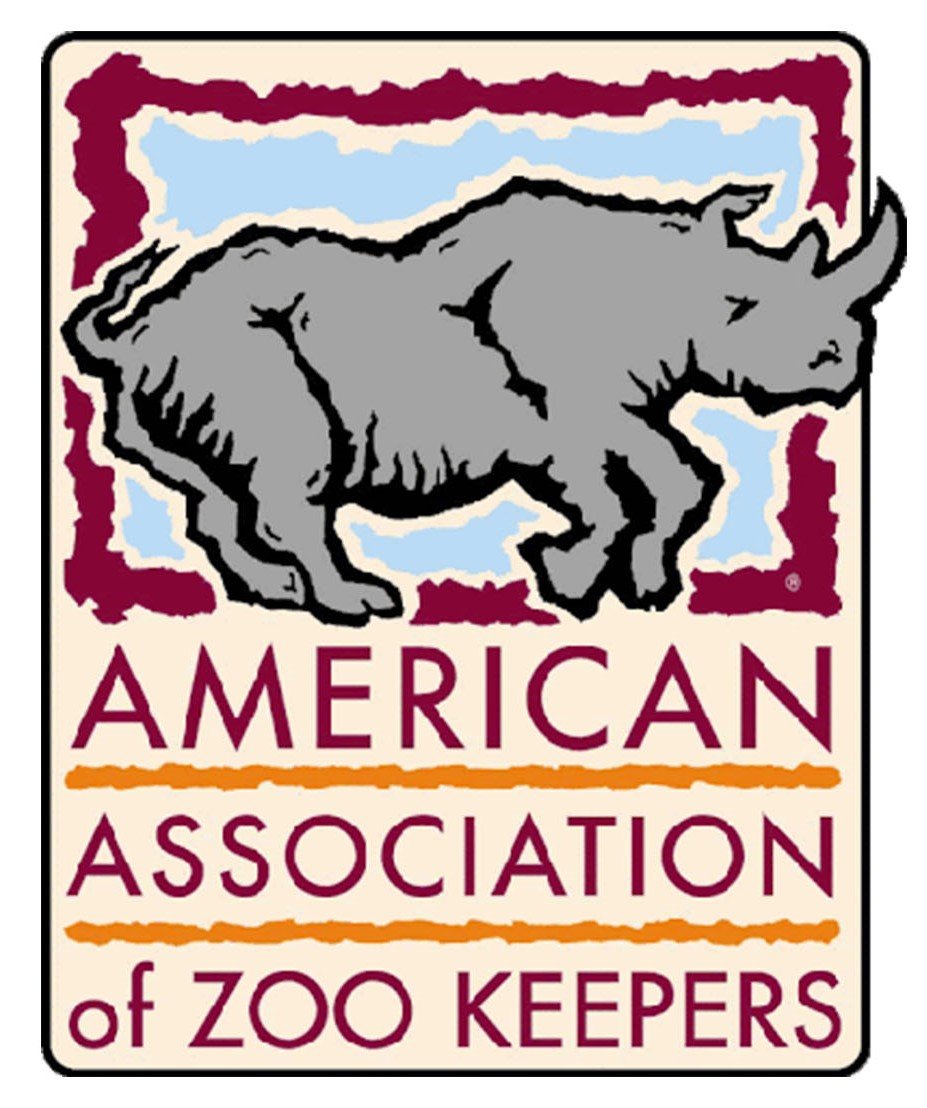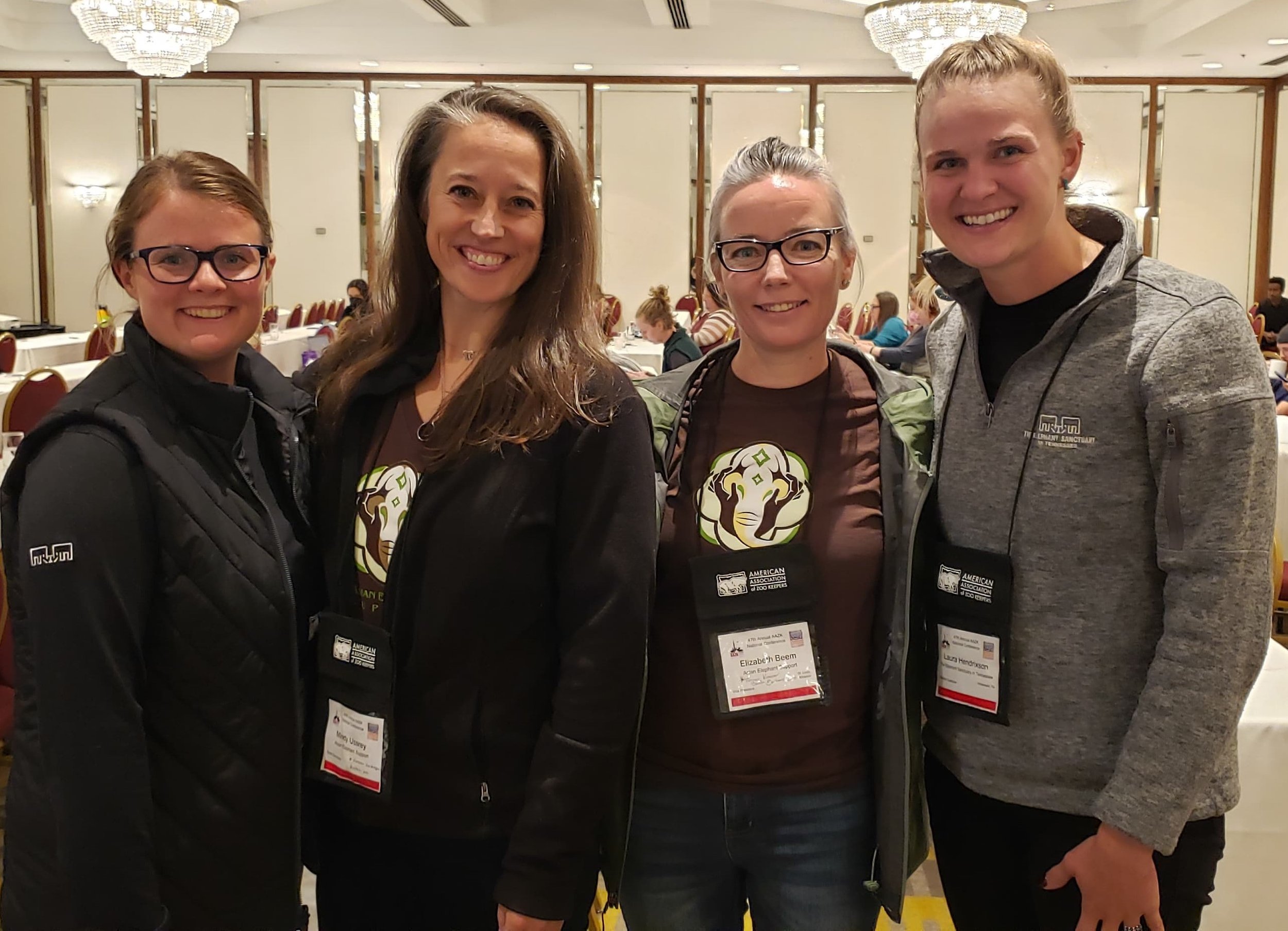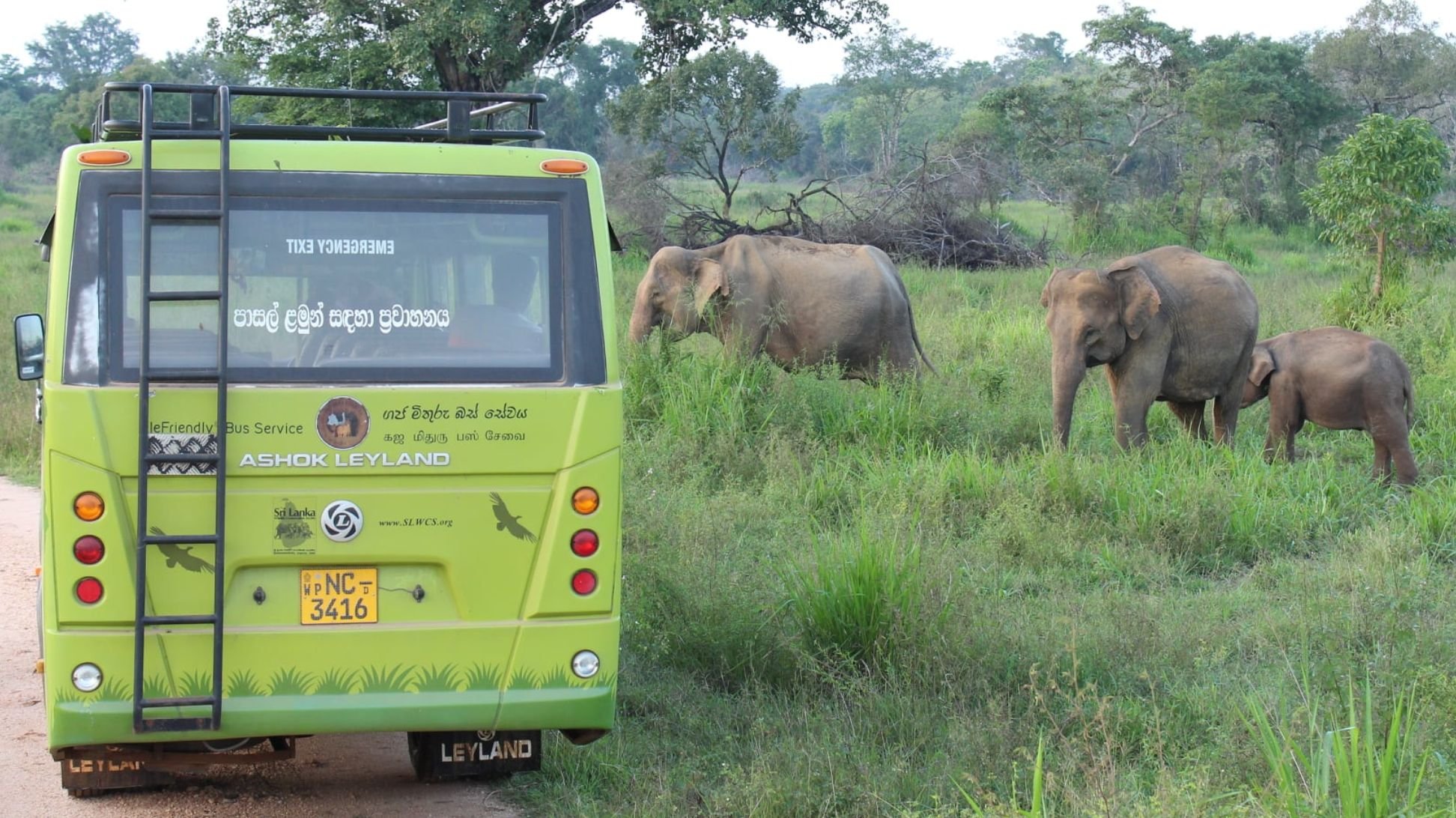In our January 2014 newsletter, AES announced our 3 year commitment to the
Veterinary Society for Sumatran Wildlife Conservation (VESSWIC). We would like to
share an update on a couple of elephant projects from our VESSWIC partners.
The Sumatran elephant is listed by the International Union for Conservation of Nature
(IUCN) as critically endangered, but every birth gives us hope for the future of this
species. On January 16, 2014 at the Way Kambas Elephant Conservation Center, the
elephant Mela, gave birth to a healthy male calf weighing approximately 200 pounds.
This was Mela’s second calf.Unfortunately, she attacked and killed her first calf in 2011
immediately after it was born. This time she was a bit nervous, but remained
reasonably calm towards the calf. After a short time she accepted the calf and allowed
it to nurse. Two months later, she has adapted well to her role as a mother and the calf
is doing well.
Back in November 2013, a female calf was rescued from the wild with a serious wire
snare injury to her front left leg. VESSWIC provided the medical supplies for her
treatment and is also providing food and milk supplements. They are happy to report
that the calf, named Yekti, is also doing well.
Human-elephant conflict (HEC) is still a growing problem for both humans and elephant
in Sumatra, Indonesia. In January VESSWIC Elephant Healthcare Program
veterinarians assisted the Nature Conservation Agency and Frankfurt Zoological
Society and fitted two wild elephants with GPS collars. This is part of an HEC
monitoring program that is being conducted in the Bukit Tiga Puluh forest area in the
province of Jambi.
By working together, we can make a difference in the health, welfare, and conservation
of elephants in Asian range countries. AES is proud to support these dedicated
individuals who are working hard every day.

